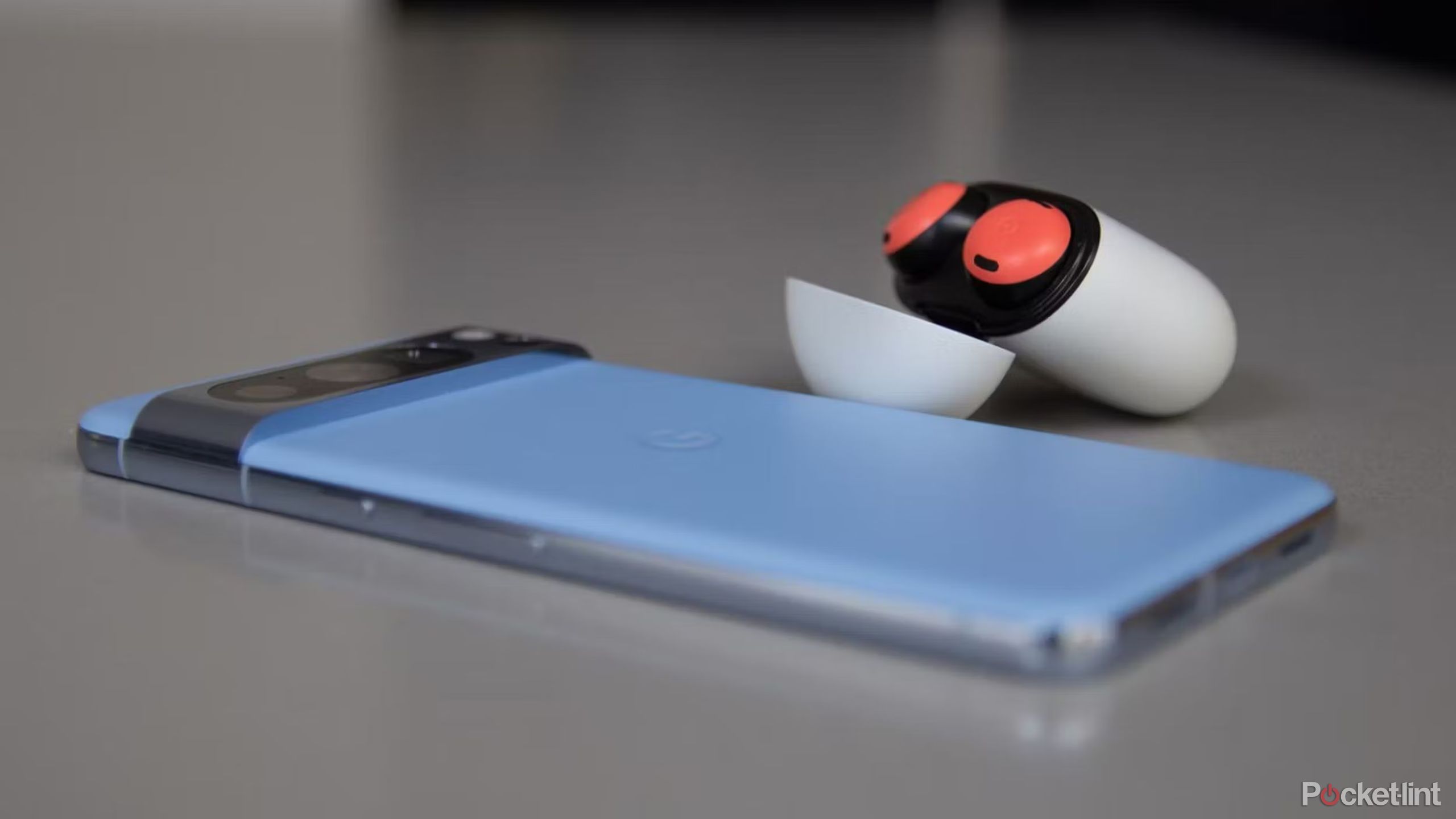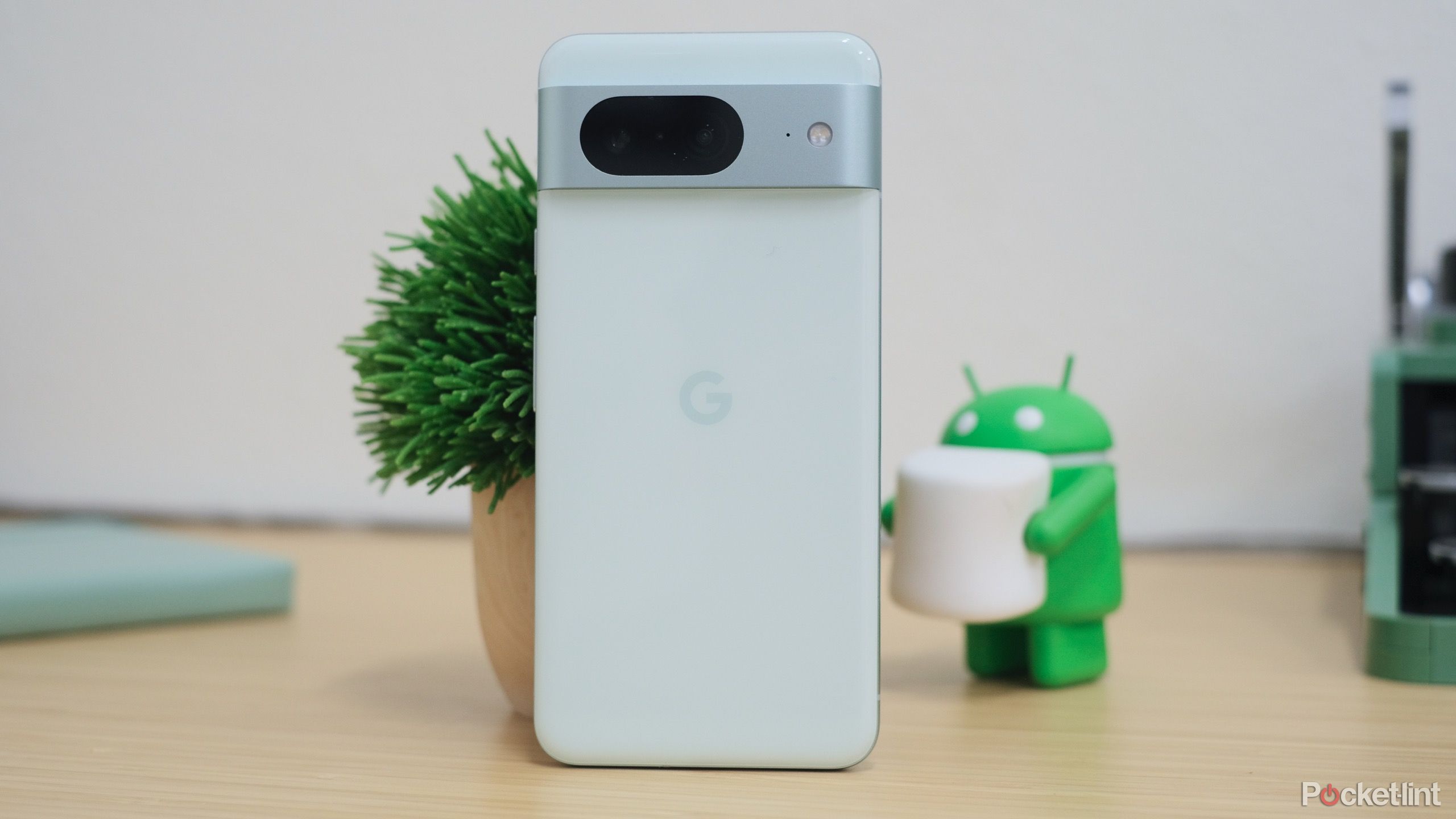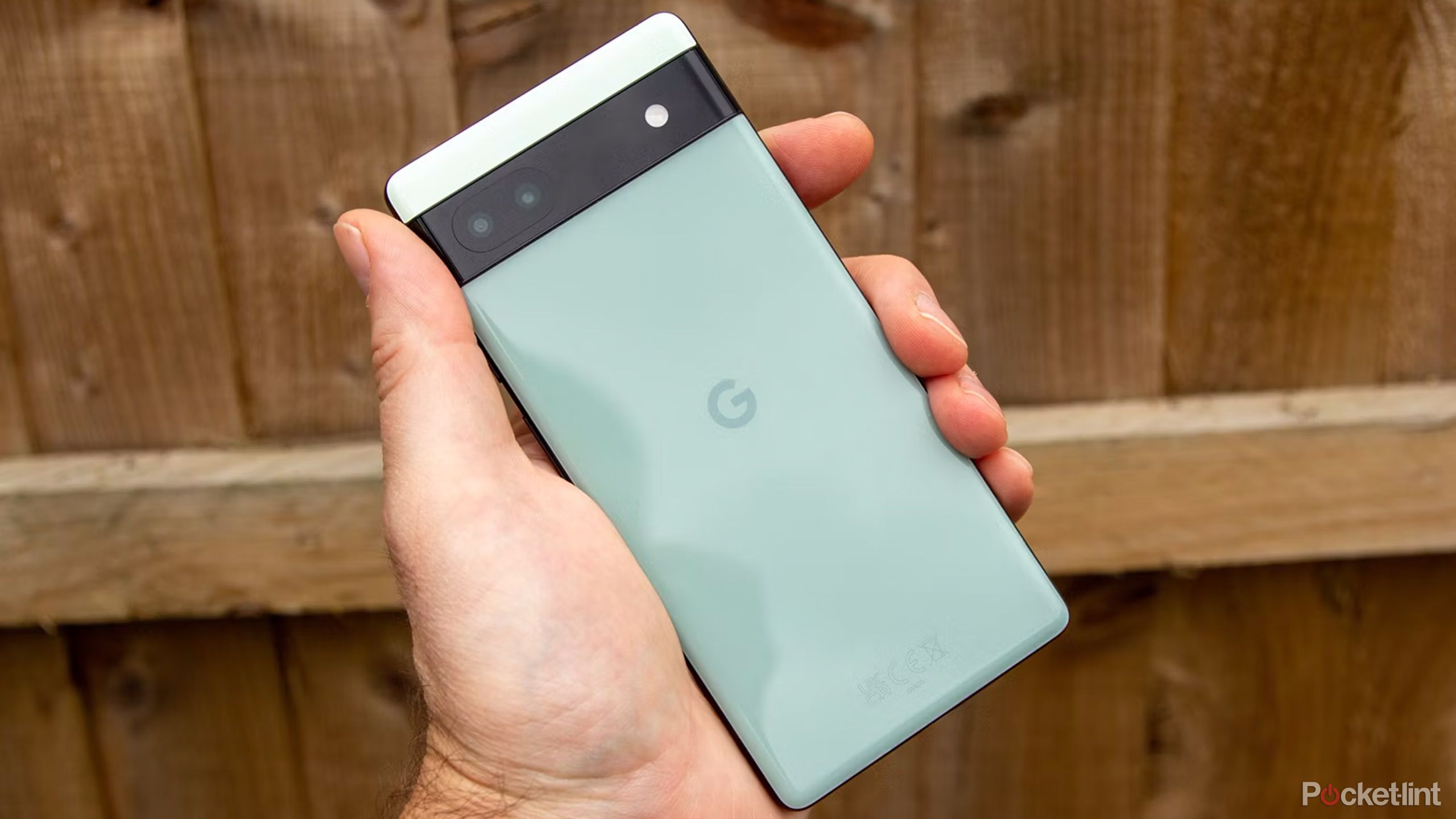Key Takeaways
- Pixel pricing confusion remains: Discounts on flagship models make mid-range options less appealing.
- Pixels still have bugs: Google phones continue to ship with hardware and software issues.
- Leaks are common: Google struggles to control information about upcoming Pixel devices, leading to constant spoilers.
In some sense, the Pixel and Google’s smartphone ambitions have never been in a better place. The Pixel 8 and 8 Pro were well-liked, arriving early with AI-driven software features months before phones like Samsung’s Galaxy S24 Ultra made headlines with Galaxy AI. The Pixel 8a has been similarly positively received, bringing the best of Google’s flagship experience into a mid-range device. Even the current industry-wide obsession with AI plays to Google’s strengths as the company that literally helped develop some of the technologies driving the generative AI boom in the first place.
So why do things still feel like things are as precarious as ever? Google doesn’t seem to earn the same kinds of staggering wins its partner Samsung, or its direct competitor Apple does. When you consider how Pixel devices are sold, made, and how much we know about them before we’re even announced, the picture gets a bit clearer.
Read on to be in the know.
Related
Google Pixel’s transformation timeline: From simple slab to AI powerhouse
From the original Pixel to the Pixel 8 Pro, Google’s made a lot of changes to its smartphone over the years. Here’s the complete timeline
Pixel pricing remains confusing
Sales go on and old hardware sticks around
Google’s approach to selling the Pixel 8a has been confusing. The $500 mid-range phone carries over the colorful and rounded good looks of the Pixel 8 and 8 Pro, just with less premium materials. It also has the Tensor G3 chip that lets it run the smaller Gemini Nano model on-device. And yet, Google hasn’t entirely set it up for success. In the months prior to the 8a’s launch, the Pixel 8 was regularly on sale for under its $799 asking price, even under $600. Why would you buy the cheaper phone when you can wait for the nice one to go on sale again, or the cheaper for that matter?
Even if you ignore the finer details of Google Store sales, the lineup remains a bit confusing.
Google offered similar discounts on the Pixel 7 before the Pixel 7a launched. Why would anyone buy a new affordable phone when you sold your flagship on sale a few months earlier? Even if you ignore the finer details of Google Store sales, the lineup remains a bit confusing. Why is the technically worse Pixel 7a still available and for the same price as the newer, better Pixel 8a? How does that make sense? These are the kinds of oversights you’d typically want to avoid, so that customers are always funneled towards the best phone for them at the best price for you, but Google seems not to care.
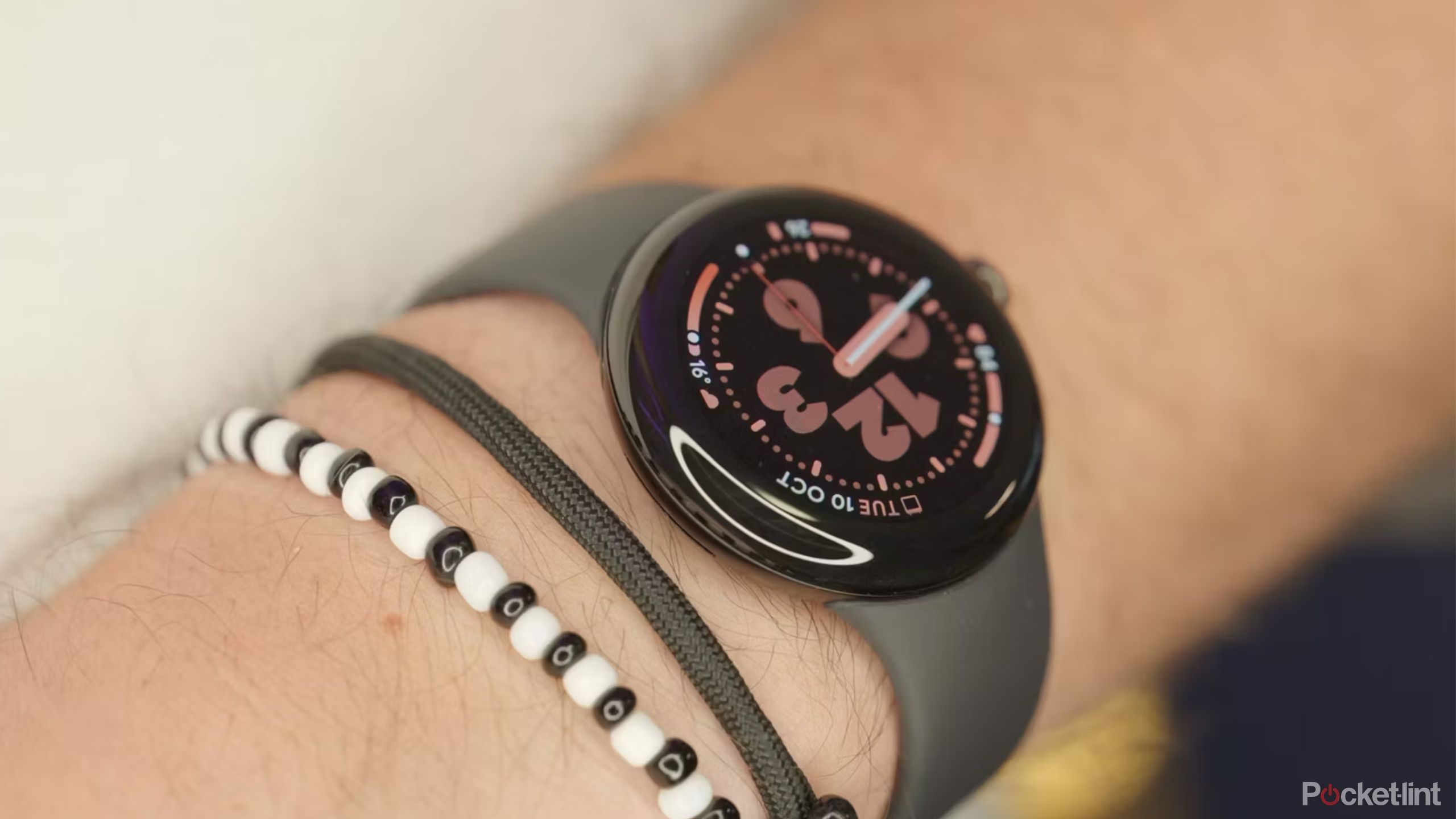
Related
Google will reportedly offer an ‘XL’ Pixel Watch this year
Google’s third-generation Pixel Watch could come in a larger screen size later this year.
Pixels still have rough edges
Hardware and software ship with bugs
Google has been making its own phones since 2016, and helping partners make Nexus devices for years before that. With over a decade of experience in the business of making smartphones, why does the tech giant still ship Pixels that have problems?
The Pixel 8 received an extended warranty due to some phone displays having weird banding and discoloration. Before that, the Pixel 6, 7 Pro, and 7 experienced a strange bug where a YouTube video could randomly make them crash. Several Pixel devices have had a storage issue that left data inaccessible when phones were updated. The Pixel 5 had its own issues, including a display gap that would sometimes appear between the body of a phone and its screen. Even as early as the Pixel 2 XL, Google has dealt with hardware problems. In that case, everything from display burn-in to odd discoloration that appeared after weeks of months of use.
One of the bigger deterrents to buying a Pixel device, especially at launch, is that you just don’t know if all the problems have been found yet.
Google operates on a large scale and has to manage many moving parts, not just the roll-out and support of its own hardware, but the support of its partners with its development of Android. But you’d think it would have gotten a smartphone down by now, especially because it’s likely not selling as many of them as Apple sells iPhones or Samsung sells Galaxy devices. One of the bigger deterrents to buying a Pixel device, especially at launch, is that you just don’t know if all the problems have been found yet.
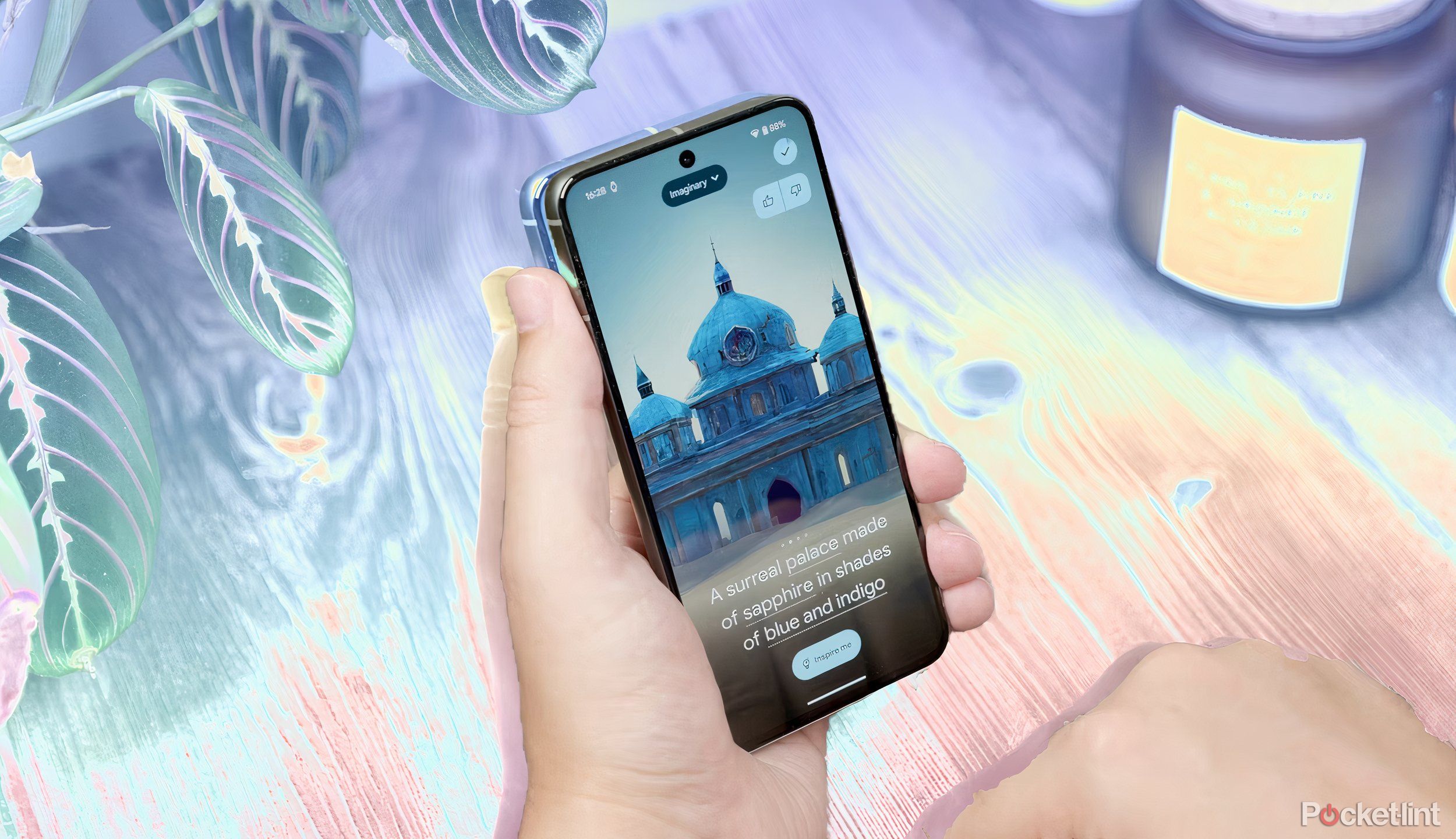
Related
Pixel 8 display issues: How to know you’re affected and how Google’s responding
Some Pixel 8’s have faulty, flickering displays, and Google is rolling out an Extended Repair Program to help.
Pixel leaks are always around the corner
Google’s hardware is always spoiled
The mystique companies like Apple try and maintain is hard-won and largely unrealistic. We’d probably all be better served if we knew more about how the devices we use every day are conceived and made. But Google’s approach isn’t better. The company has little control over what information leaks out about upcoming Pixel devices.
After years of leaks, Google “pre-announced” the Pixel 6 and 6 Pro and still more information leaked afterward. It did the same thing with the Pixel 7, 7 Pro, and Pixel Tablet, with very little success at keeping information under wraps before or after. As of right now, there are credible renders of the Pixel 9, 9 Pro, and Pixel Fold 2. Google hasn’t even tried to get ahead of them.
With those positives in mind, and an awareness of the Pixel’s past and (potentially) future shortcomings, there’s really no good time to buy a Pixel, but there’s also no bad time either.
With a purchase as expensive as a smartphone, you usually want the newest device, so you can expect to keep it for years without the battery aging or the processor slowing down. It gets a lot harder to buy the newest Pixel device when you know what’s coming a few months from now. If the Pixel 9 interests you, you could save up a bit more money and skip being the Pixel 8a entirely.
The logic works the other way, too. If you can’t afford the Pixel 9 Pro, wait for the inevitable sale or the Pixel 9a launch a few months later. Either way, Google sells a phone, but not as many as it could and not for as attractive a price.
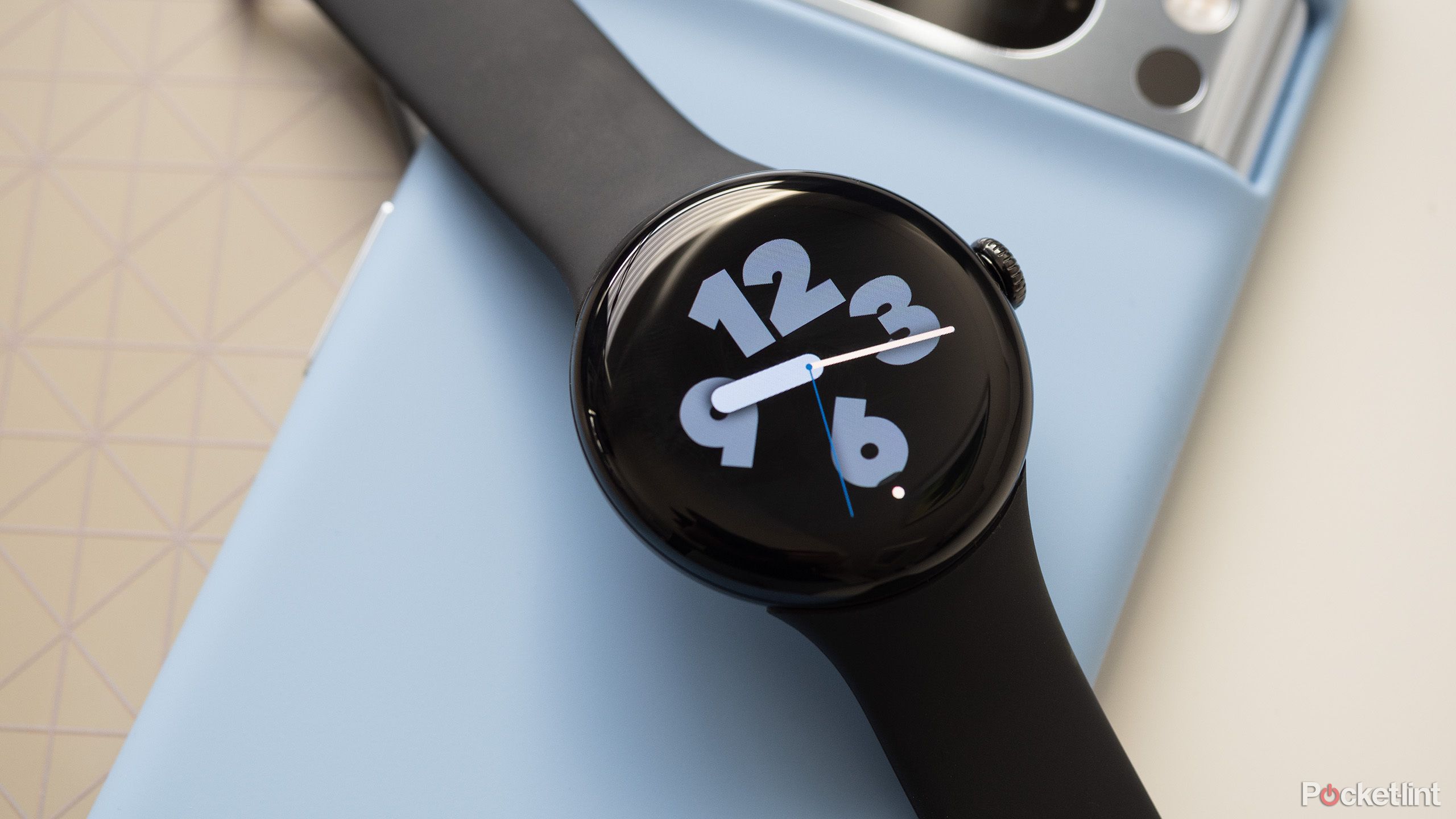
Related
Your Pixel Watch 2 now supports car crash detection — here’s how to use it
With the car crash detection feature, your Pixel Watch 2 can automatically call for help for you.
There’s no good time or bad time
What smartphone you own is going to matter less
Over the last few months, Google has taken steps to reorganize its software and hardware division, placing the development of Android and Pixel hardware under Rick Osterloh, the senior vice president of Platforms & Devices. The plan is supposed to make it easier and faster to integrate new AI features into Pixel hardware, and it could make the overall lineup stronger.
Google might be a mess, but it’s a consistent mess, and that’s something we can work with and around.
Google and its phones remain “ahead” in key categories, too. Google saw early success with its smartphone camera and pushed the limits of computational photography before its competitors were even talking about it. Google is also far more willing to bring its AI features to the majority of its newer devices, as opposed to just the ones that can run it locally. My Pixel 7a might not be able to host Gemini Nano, but it can still access Gemini in the cloud, for example.
With those positives in mind, and an awareness of the Pixel’s past and (potentially) future shortcomings, there’s really no good time to buy a Pixel, but there’s also no bad time either. If there’s a Pixel phone you want that came out in the last year, and you’re getting it at a price you can afford, you’re not necessarily making a bad purchase. It will be supported with years of Android releases and will likely gain access to plenty of exciting AI-powered software features. Google might be a mess, but it’s a consistent mess, and that’s something we can work with and around.
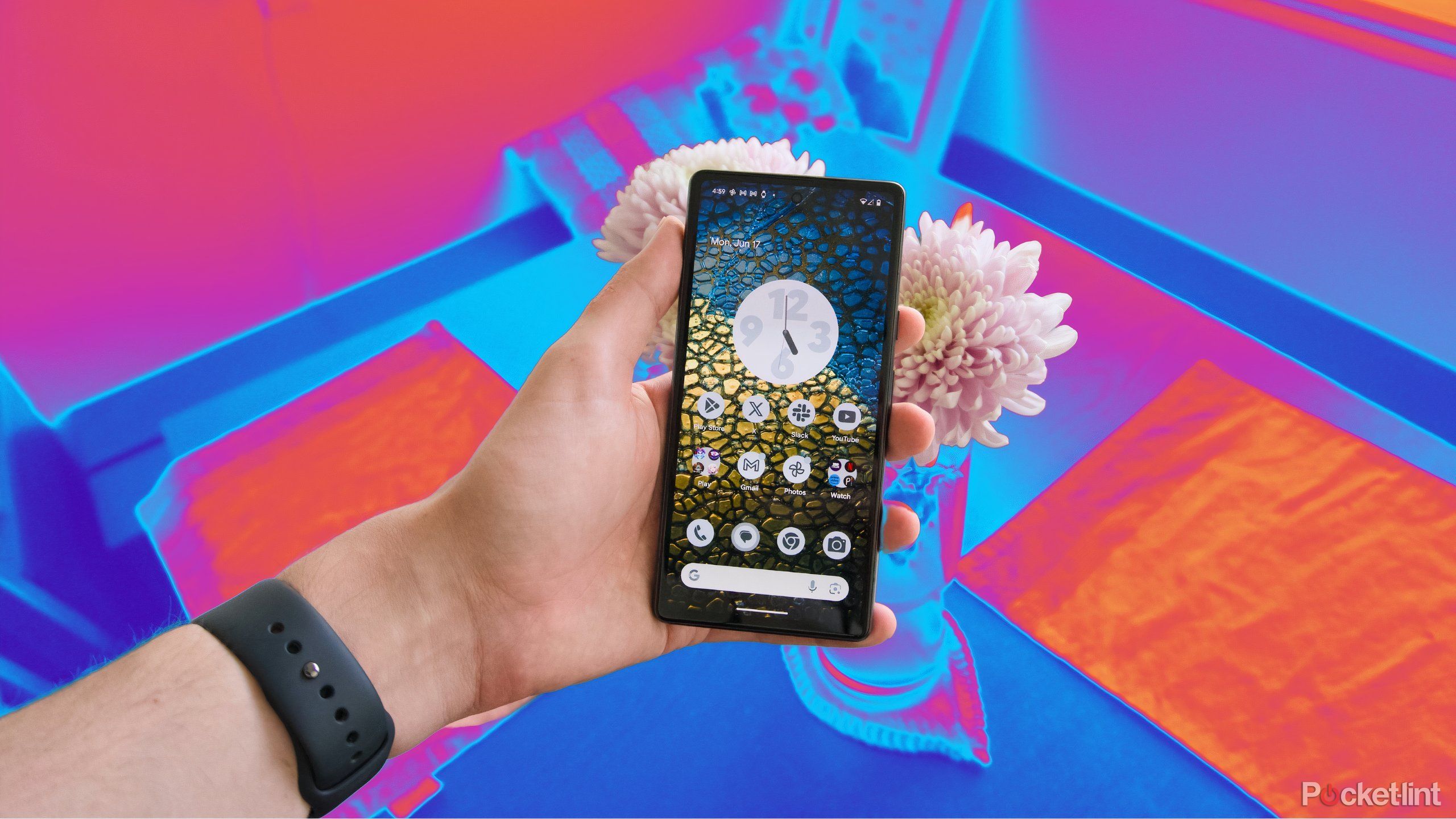
Related
Why I’m not upgrading my Pixel 7a in 2024
Google’s last midrange phone is over a year old, but it still feels like it could have released yesterday.
Trending Products

Cooler Master MasterBox Q300L Micro-ATX Tower with Magnetic Design Dust Filter, Transparent Acrylic Side Panel, Adjustable I/O & Fully Ventilated Airflow, Black (MCB-Q300L-KANN-S00)

ASUS TUF Gaming GT301 ZAKU II Edition ATX mid-Tower Compact case with Tempered Glass Side Panel, Honeycomb Front Panel, 120mm Aura Addressable RGB Fan, Headphone Hanger,360mm Radiator, Gundam Edition

ASUS TUF Gaming GT501 Mid-Tower Computer Case for up to EATX Motherboards with USB 3.0 Front Panel Cases GT501/GRY/WITH Handle

be quiet! Pure Base 500DX ATX Mid Tower PC case | ARGB | 3 Pre-Installed Pure Wings 2 Fans | Tempered Glass Window | Black | BGW37

ASUS ROG Strix Helios GX601 White Edition RGB Mid-Tower Computer Case for ATX/EATX Motherboards with tempered glass, aluminum frame, GPU braces, 420mm radiator support and Aura Sync


